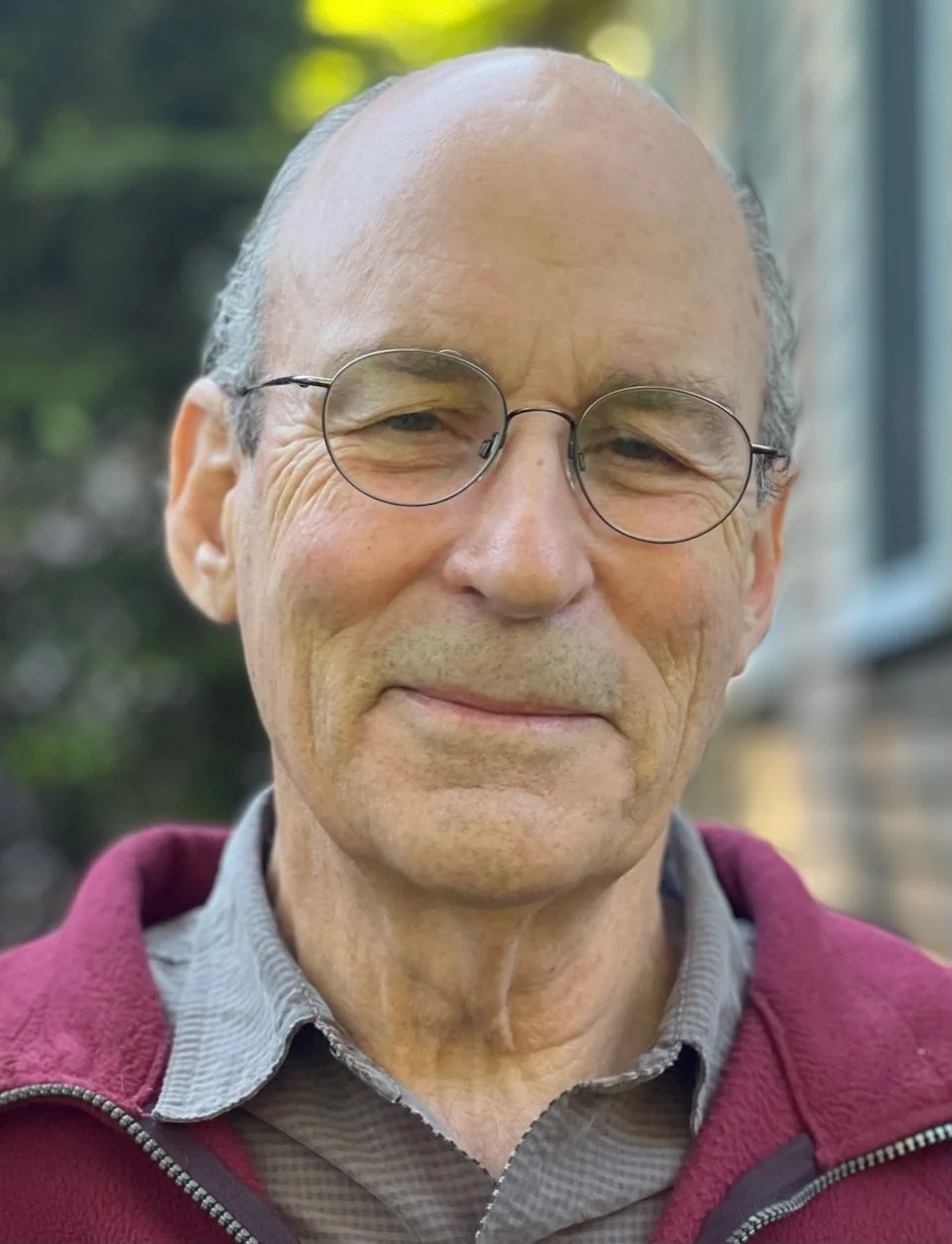Fitzgerald continued to describe his experiences entering boarding school on a scholarship with a chip on his shoulder from the previous defining experiences of his life. It caused tension between himself and the other students — students he assumed were wealthier, more content and less harmed from childhood trauma that kids like him had endured in their earlier years. “Who are these rich kids?” Fitzgerald wondered. Over time, however, he realized that this was not the case for everybody he interacted with.
“As I met these other students, my horizons started to broaden and that’s something that I’m a big believer in too. The more people you meet, the more people you talk to, the more you open yourself up into the world, the more you’re gonna not just figure out about the world, but you’re gonna figure out things about yourself,” Fitzgerald stated. “You’re going to be able to keep parts of your identity that are helpful [and] that still ring true to you but put down some of those things that don’t help you … [but] are actually a burden to you.”
Through this realization, he was able to understand the intersectionality of his identity and the identities of others, allowing him to build deeper relationships. The maintenance and creation of meaningful ties has become a fundamental element in his way of engaging with the world.
“It seems like such a basic concept,” Fitzgerald commented. “But you’re gonna get out of the community what you put into it … [by] being vulnerable, sharing yourself [and] opening up to others so that they feel comfortable opening up to you.”
Fitzgerald continued to explain that community is a mutual exchange, and it takes strength to maintain. It is the persistent work of sharing oneself with others, and working to be an unrelenting ally for those who are generous enough to share themselves in return. As they described during the reading, both Fitzgerald and Krosoczka have found various communities and deeply feel that community can be found anywhere, including in an Odyssey Bookshop event.
Robin Glossner, the event and marketing coordinator for the Odyssey, stated that bringing readings such as these to the community is one of the best parts of her job. “[It’s nights like] Wednesday night when it’s really magic and, we’ve had a few of those where the author is excited to be here, the people, there’s enough people in the audience that are really engaged in having a conversation with this author. … It’s connecting authors and readers. I think [that’s] the most exciting thing a bookstore can do,” Glossner said.
Glossner continued explaining that this sense of community and magic should be felt by all, including Mount Holyoke students, stating that it might add something valuable to the college experience. She added that it would allow students the opportunity to experience things that they might not have otherwise.
This was echoed by Zosia Kessel ’25, a prospective English major who attended the event. She had never been to a reading before, and suggested that “[Mount Holyoke students] … definitely go.” She admitted, “I didn’t know anything about [Fitzgerald and Krosoczka] beforehand, but I’m so glad that I went.”
Kessel continued to describe the overwhelming feeling of warmth and bittersweet joy in the store that evening. She remarked, “[Fitzgerald and Krosoczka] were very funny and that was … felt throughout the crowd. They were very interactive. Even though it was just the two of them talking it really felt like everybody [was] very comfortable with them and they made you feel like you [were] a part of their conversation.”
Fitzgerald has felt throughout his life that events like these can create a type of magic that can be felt throughout the community, especially for readers. “On paper, growing up in an unhoused situation would probably look pretty bad for a kid but … my parents loved books, they love literature and so … even as my life felt very small — especially in some of those early years after we moved to North Central Massachusetts — because of books, I had these escape hatches,” Fitzgerald said. “I was able to understand different things about the world and about different people’s experiences. … It sounds cliche, and it’s cheesy but it’s just so true, I really believe reading is a special kind of magic and it’s something that I think is so important.”
Even though Fitzgerald has an immense and intimate relationship to literature, in his early 20s he was extremely hesitant to publish his own work — or even put pen to paper. “I thought writing was a gift from God,” Fitzgerald commented. “I thought you either had it or you didn’t. I thought that the people who knew how to write sat in ivory towers, they typed beautiful manuscripts, they didn’t take a single edit, they sent it to New York, they got a cover on it and [then] they had a million dollars. None of that is true.”
For some child prodigies, this may be the case. However, for the majority of people, writing is a process that demands practice and encouragement. Fitzgerald’s advice: Drink the pages, let your pen fly, and read a wide variety of books, be it fantasy or feminist theory. “Read, write and [understand that] there’s no right way to do it. That’d be my advice.”







